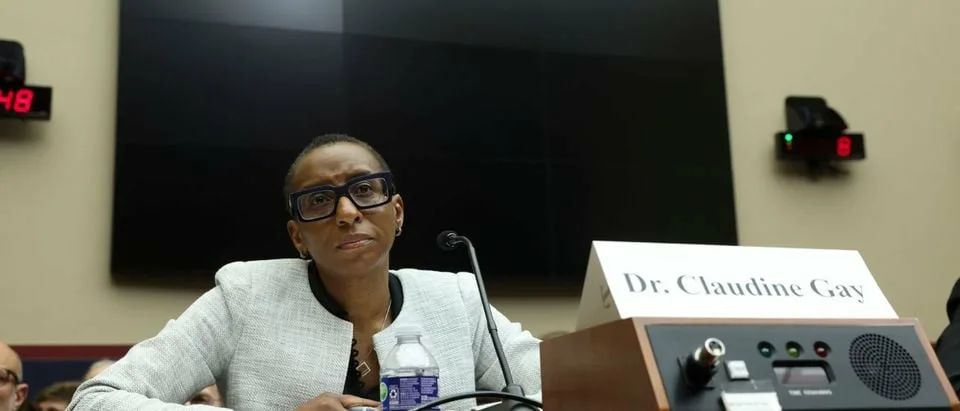SONALA OLUMHENSE FROM PUNCH
Last September, five months after he took office, Nigerian leader Bola Tinubu recalled all but two of Nigeria’s ambassadors from their foreign posts.
“The president is determined to ensure that world-class efficiency and quality, will henceforth, characterize foreign and domestic service delivery to citizens, residents and prospective visitors alike,” a presidential aide said.
Four months after Nigeria’s diplomatic representations began to suffer from lack of leadership, the government last week announced that it will “soon” set up a committee to select replacement ambassadors.
In Rivers State, the man they call ‘Jagaban’ intervened in the political turmoil between the governor and his political godfather and predecessor, whose side he has taken, brandishing a presidential directive, clearly breaching the constitution in the process. He had followed a similar path in Ondo State.
It is Christmas, the season of the greatest travel in the country, and Jagaban’s first as president. “In the spirit of Christmas and the end of year festivities [and] “in another demonstration of his love for Nigerians,” said Minister of Solid Minerals, Dele Alake, Tinubu “approved a 50 per cent slash in the cost of public transportation and free trains rides across the country” between December 21 and 4 January.
Tinubu is on solid ground here, and I commend his initiative. But there are two critical mis-directions. First, there are only three scheduled train services in the entire country. Two of them have two daily services in each direction, and the third, just one. If the government were less cynical, it should have announced several more services each day, with enhanced security.
Second, Tinubu appears not to understand the meaning of “public” transportation in a capitalist economy. His scheme requiring private operators of bus services to slash their costs by half was an unworkable idea to begin with, given that the government does not, and cannot, control private operators, their routes or their rates that were going to rise during the season anyway.
Worse still, it turns out that of the hundreds of such operators in the country, the government reached out only to five, and they cover only 28 routes.
That is far less than a drop in the old bucket, but I will give the president a pass on this one. What happens next?
Tinubu’s flawed intervention is another reminder of how poor our transportation infrastructure is, and this 9th year of APC’s administrations underlines our hopelessness. It is remarkable that despite the loud tales of heroism of President Muhammadu Buhari and Babatunde Fashola, the man who ran his road infrastructure policy for eight years, even key roads such as Abuja-Kano and Lagos-Ibadan have yet to be completed. The southeast harbours some of the most atrocious highways.
Similarly, Tinubu ought to have been directing his Christmas proclamations in rail travel this Christmas principally to the Lagos-Calabar rail; the Lagos-Kano, and the Port Harcourt-Maiduguri.
Unfortunately, the incompetence, willfulness, and indolence of the Buhari administration means that very little progress was made in its eight years. The theme of the Buhari adventure, for those who forget, was “CHANGE:” to move the nation from its catatonic state into a new day free of corruption and mismanagement. Buhari barely mentioned it in practice.
But his APC manifesto had begun by asking whether there was a government in Nigeria.
“Yes, there is a federal government in Nigeria,” it answered. “A government that thrives on chaos, corruption, impunity, injustice and the systematic exploitation of ethnicity, religious sentiments and other primal instincts to divide and rule Nigeria.



